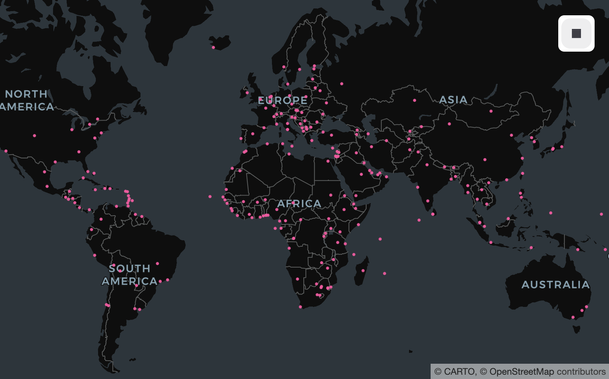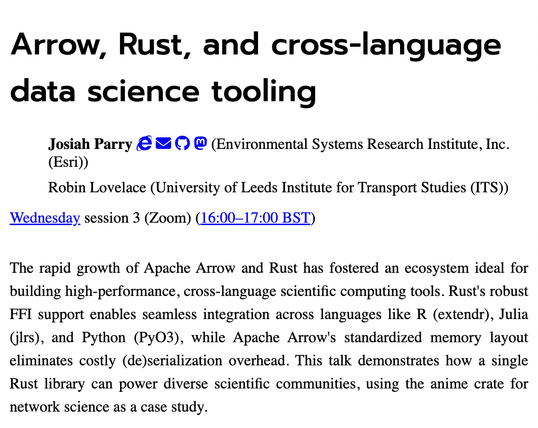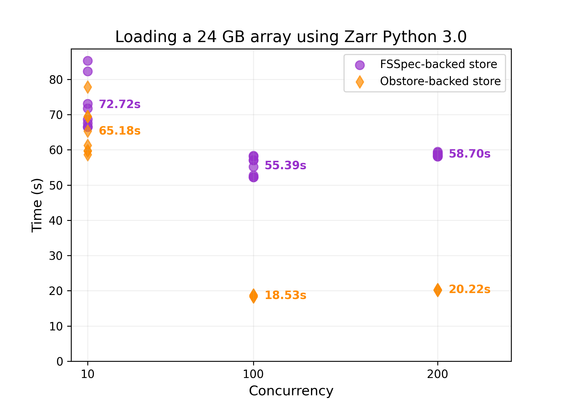Obstore v0.7 is out! The simplest Python cloud storage interface, powered by Rust
- Anonymous connections to GCS
- Obspec compatibility
- Improvements to NASA Earthdata credential provider
- Fixed creation of AzureStore from HTTPS URL
- Improved documentation
https://developmentseed.org/obstore/latest/blog/2025/06/25/releasing-obstore-07/



